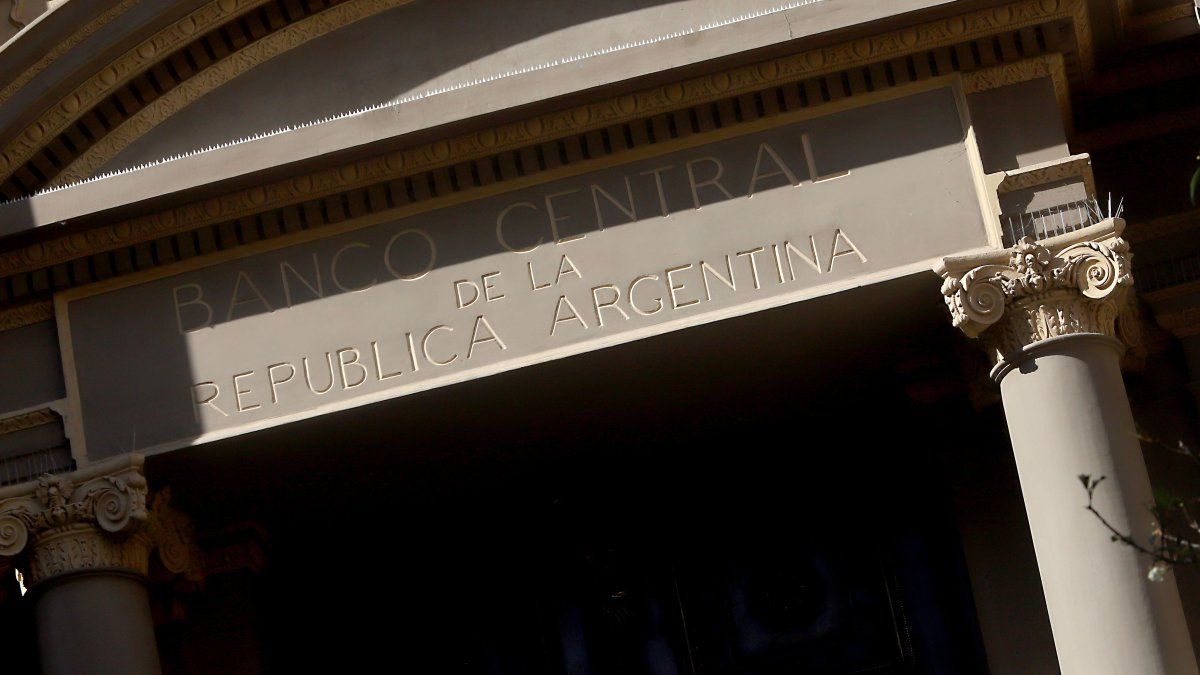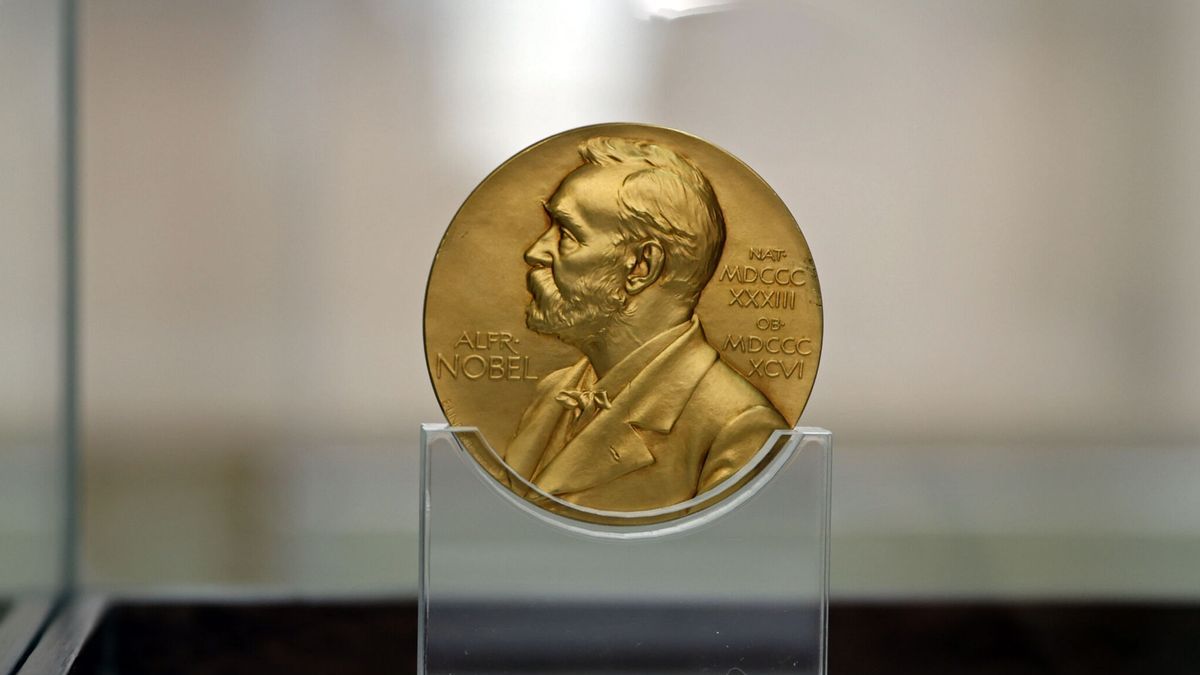We have summarized some statements and assessments by political scientists, diplomats and historians:
Kathrin Stainer-Hämmerlepolitical scientist, Carinthia University of Applied Sciences, to blick.ch: “I don’t think Karl Nehammer was so naive as to believe he could end this war. It was about a sign, an effort – (…) he would like it At least tried. (…) It was a politically very risky undertaking. (…) It was certainly one of Vladimir Putin’s thoughts to drive a wedge into the EU with Austria, namely into this alliance against this war.”
Emile BrixHead of the Vienna Diplomatic Academy, former Austrian Ambassador to Moscow, told Ö1: “It was definitely worth the try. (…) It was surprising that the Russian side agreed to such a visit at all. (… ) Ultimately, that was an example of the fact that Austria is in this tradition of close diplomatic relations with Russia, which is not completely breaking off (…). In terms of content, there has been no progress, but nobody expected that either. That was one Episode that will not be remembered for very long. (…) In reality (Moscow, note) there is currently no interest in negotiations.”
Gerhard Mangottpolitical scientist, University of Innsbruck, to spiegel.de: “Nehammer has achieved nothing. I see neither a recognizable nor a conceivable effect on Vladimir Putin’s actions. This visit has brought Ukraine and the West nothing except political upheavals within the European Union Union. (…) Relations between Vienna and Moscow are very tense because of this war of aggression – and rightly so, because Austria has sided with the victim Ukraine. Nehammer acted correctly there. But to believe Putin in one Getting a personal conversation to think or even to give in is really illusionary.”
Video: This is how Doris Wydra, political scientist at the University of Salzburg, assesses the impact of the meeting between Chancellor Karl Nehammer (ÖVP) and Russian President Vladimir Putin
This video is disabled
Please activate the categories Performance Cookies and Functional cookies in your cookie settings to view this item. My cookie settings
Zoltán Sz. Bíróhistorian, Corvinus University Budapest, told APA: “Unless Nehammer delivered a very sensitive, delicate message to Putin privately in German, I don’t see the function of this meeting. (…) Russia is currently expecting one Breakthrough in eastern Ukraine. The Russian leadership seems very determined. In this situation, they cannot simply be persuaded to conclude a peace agreement – certainly not by a country the size of Austria. Not even the American President (Joe Biden ).”
Sebastian Hopp, political scientist and historian, Freie Universität Berlin, told APA: “I see this visit as less useful. I wouldn’t say that it was a serious mistake with massive consequences (…), but it was a hopeless undertaking. (…) That was also problematic about the visit, as it resonates: ‘I’ll go and tell him what’s happening there (in the war zone in Ukraine).’ But Putin knows that very well.(…) It showed a certain residual naivety on the part of Nehammer and other actors.There is an interest in returning to ‘business as usual’ after the war.But this is not the right time for such visits. “
Source: Nachrichten




